Blog
According to the Federal Reserve Bank of New York, Americans’ total credit card balance stood at $986 billion in the first quarter of 2023, the highest level since they began tracking in 1999.
Given these statistics—and taking rising rates of inflation into account—it’s not unusual for individuals and families to suddenly be worried about meeting their credit card and other debt obligations. Some people may already be just barely making minimum payments or juggling payments among creditors to keep the phone calls and collection efforts at bay.
Creditors and bill collectors, of course, are subject to restrictions set by both federal and state legislation. You do have resources to limit their efforts via phone, text, and email—but ultimately, these creditors have recourse to come after your income and assets. Depending on how deep in debt you are, bankruptcy might be an option to help you get rid of unsecured debt obligations and get a fresh start in life.
For all your financial and debt questions and concerns in or around San Mateo, California, contact the legal team at EH Law Group . We can meet with you, discuss your financial situation, and then advise you of your best legal options going forward. Our team proudly serves clients throughout the surrounding area including San Francisco, Santa Clara County, Oakland, Daly City, and South San Francisco.
Laws Concerning Consumer Rights
Both California and the U.S. federal government have enacted legislation that protects the rights of consumers, while at the same time placing restrictions on creditors and bill collectors. These rights include:
- THE FAIR DEBT COLLECTION PRACTICES ACT (FDCPA): This federal legislation makes it illegal for debt collectors to use abusive, unfair, or deceptive practices when trying to collect on a debt. The FDCPA applies to credit card debt, car loans, medical bills, student loans, mortgages, and other household debt. It does not apply to business loans.
- THE FAIR CREDIT REPORTING ACT (FCRA): This federal legislation concerns your rights about those agencies that collect, use, or distribute information on your credit history or rating. There are the three big agencies—Equifax, TransUnion, and Experian—but there are also others that track check writing histories, medical records, and rental history records. Under FCRA, anyone denying you credit based on a credit report must inform you. FCRA also gives you the right to get a copy of any credit report in your name.
- CALIFORNIA CONSUMER PROTECTIONS: The California Consumer Financial Protection Law gives the Department of Financial Protection & Innovation (DFPI) new powers to oversee debt collectors, debt-relief companies, credit reporting agencies, consumer credit repair companies, and others. The new law created a Consumer Financial Protection Division.
Collecting Debts: What’s Allowed and What Isn’t
The FDCPA issued guidelines on how and when debt collectors can contact you, including these provisions:
- No contact before 8 a.m. or after 9 p.m. unless you agree to it
- No contacting you at work if you tell them that you can’t receive such calls at work
- No contact by email or text message if you ask them to stop
- No more than seven calls within a seven-day period, or within seven days after talking with you by phone about a particular debt
- No private messaging on social media if you ask them to stop
Note that debt collectors can contact you by phone, text, email, and social media unless you ask them to stop. The best way to do this is by sending a letter by certified mail, keeping a copy for yourself. Once the debt collector receives the letter, they can only confirm that they will cease contacting you. They cannot try to collect on the debt by the means you asked them not to use.
Of course, the creditor or debt collector does have legal options to force you to pay up. The primary means for this is to file a lawsuit against you. If you are served notice of a lawsuit, you must respond to it promptly, or the plaintiff suing you can get the court to issue a summary judgment. If that happens, they can garnish your wages or even place a lien on your home.
Bankruptcy’s Effect on Debt Collections
Once you file for bankruptcy, the court will issue what is called an “automatic stay.” This order forces creditors to cease contacting you and to stop all collection efforts. While this stay will pertain throughout your bankruptcy period, it is possible for secured creditors—cars and homes—to get the stay lifted to proceed with repossession or foreclosure. But it also gives you a window to try to renegotiate or refinance.
Contact Us for Reliable Legal Counsel
If you are facing growing or overwhelming debt obligations—or your phone is ringing off the hook with collection calls—it’s time to examine your options. If you’re in or around San Mateo, reach out to our attorneys at EH Law Group . We have helped countless others in your situation achieve a fresh financial start. We can help you, too.

